Year 11 Pastoral Guardian
Bridget Piper

Year 11 Pastoral Guardian
Bridget Piper


One character strength that has been identified as a contributing factor to living a good and fulfilling life is ‘gratitude’ (Peterson & Seligman, 2004). Research has shown a direct correlation between gratitude and academic success, particularly with students. Gratitude is derived from the Latin words: gratia, mercy, thankful, kindness, graciousness, and gratefulness.
When an individual helps us, gratitude is the emotion we feel. Furthermore, ‘Trait Gratitude’, is the frequency and ease with which we experience gratitude. When students express gratitude and receive the same, their brain, “releases dopamine and serotonin, the two crucial neurotransmitters responsible for emotions.” (Chowdhury, 2022)
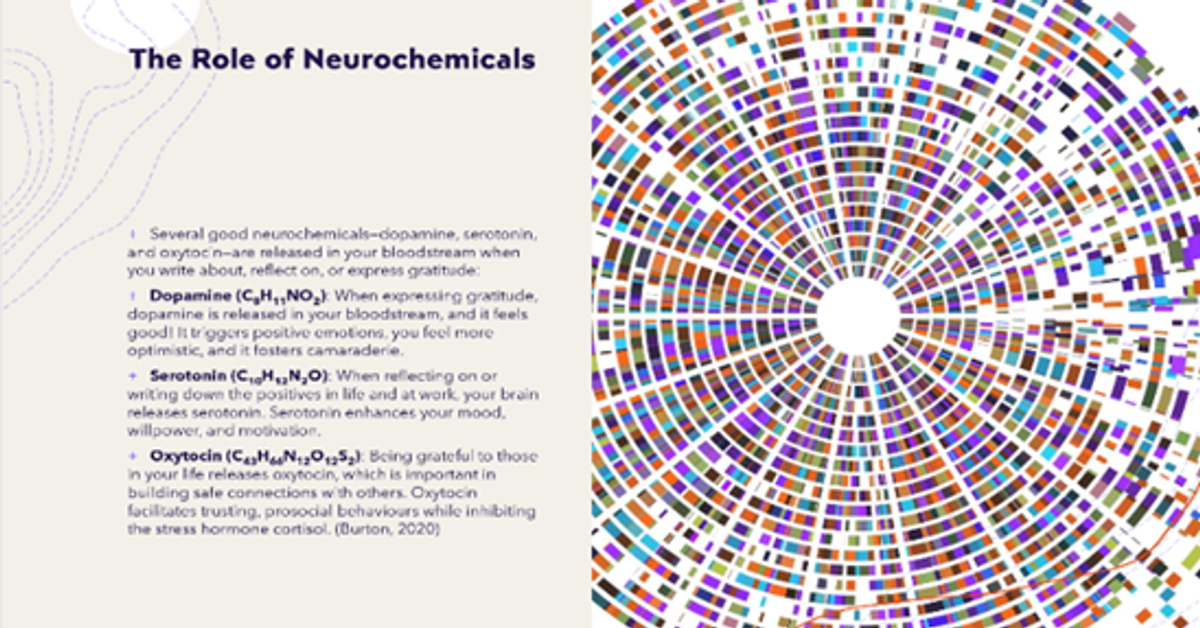

Therefore, in the pursuit of happiness and life satisfaction, gratitude has the capacity to shift our emotions and create a more positive mindset. So, by consciously exercising gratitude every day, students can strengthen neural pathways to -in time- create a long-lasting grateful and positive attitude within themselves. According to neuroscientists, “There’s a gratitude circuit in your brain, badly in need of a workout. Strengthening that circuit brings the power to elevate your physical and mental health, boost happiness, improve sleep, and help you feel more connected to other people.” (Korb,2015) Here, Korb simply highlights the power of our brain to promote wellbeing through adopting gratitude.
In essence, to find true happiness we encourage students to develop the capacity to feel gratitude, which is nurtured by the evolution of strong family interpersonal relationships. These connections lead to an acceptance of our own vulnerability and being thankful for the gifts given. Ultimately, this forms a strong correlation between gratitude and wellbeing. Some might say a conjecture of wellbeing. In our Personal Wellbeing Practices, gratitude was celebrated this week by asking our young people to consider three things for which they are grateful. The reflection enabled students to focus on the myriad of gifts - family, food, shelter, friends, and educational opportunities - often taken for granted. Gratitude this week was a welcomed conversation in our Home Rooms as part of the most important, and longest season in our liturgical calendar.
When I reflect upon on my own gratitude journey, I can remember when I was growing up and my parents insisted, I write thank you notes to show appreciation; perhaps it was a way to memorialize the way I felt in receiving or a way to promote giving in return. While this practice continues with me as an adult, the ritual has diminished in importance, however, human nature still enjoys being acknowledged and appreciated.
Also, this week we celebrate World Happiness Week a time in ‘Realizing A World With Freedom, Consciousness, and Happiness For All.' Using digital platforms, the week aims to promote critical thinking on injustice, environmental challenges, and happiness. In supporting our own student voice, the Year 11, School Dialogue, is scheduled for the 17 May 2022. The topic of this civil dialogue is ‘What’s wrong with TikTok?’, will provide students with a podium to discuss their stance on this social media platform.
The College is proud of the countless hours of study and hard work in preparation for exams. As the students conclude their Examination Block, we look forward to reflecting on the journey, meeting future challenges, and celebrating the small successes. Yesterday, I visited the Year 11 students before their Biology exam and invite you to view some photos below. I pray that all students achieve their desired results!
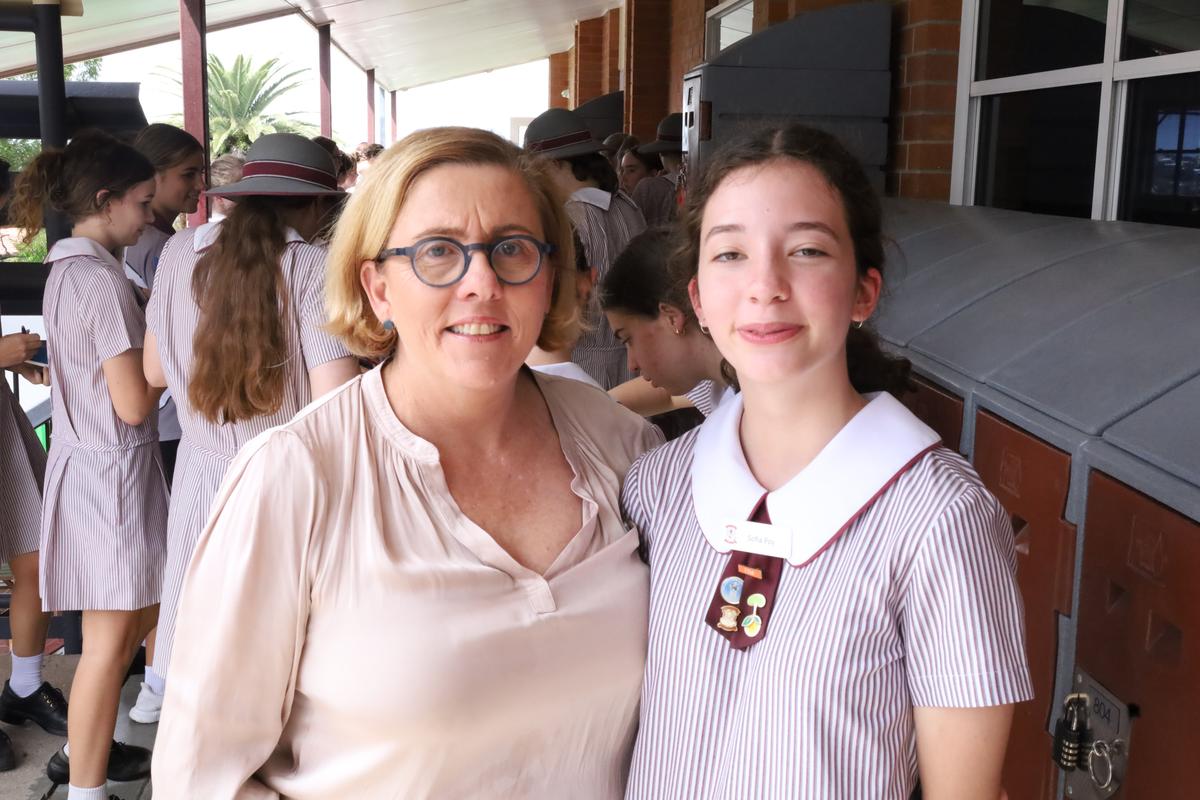
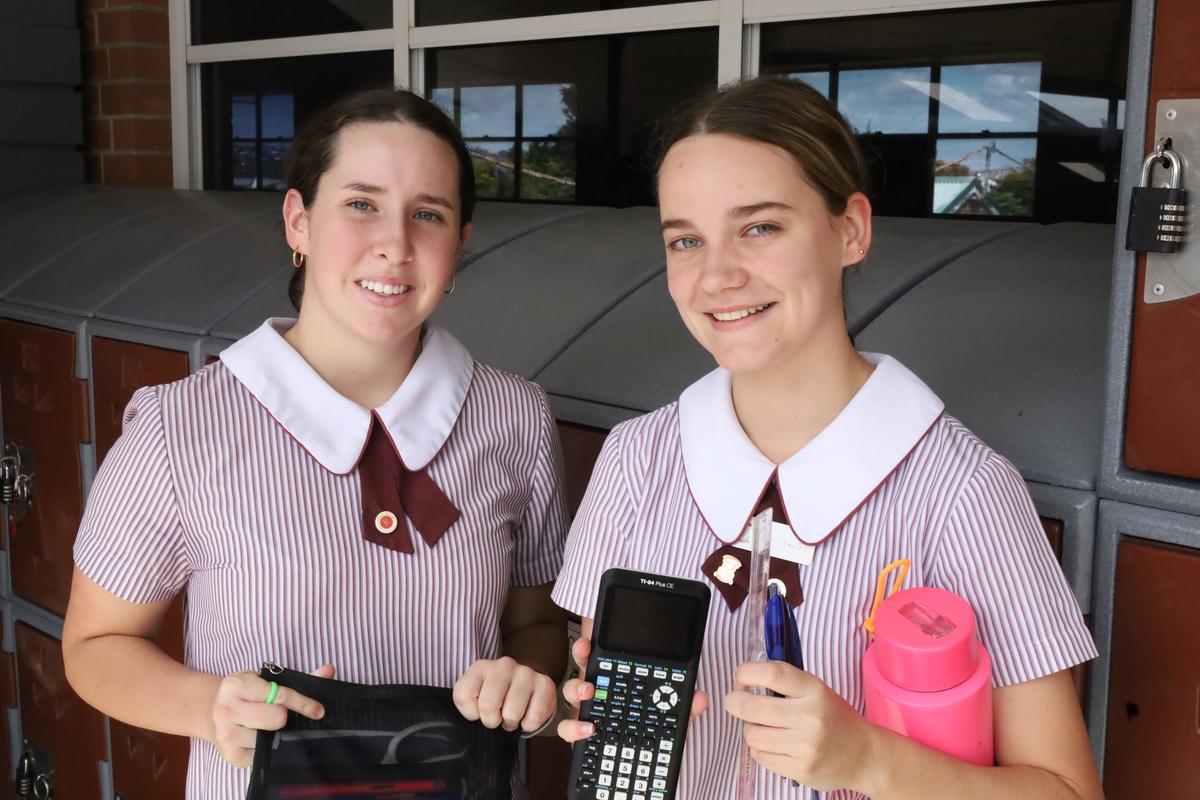
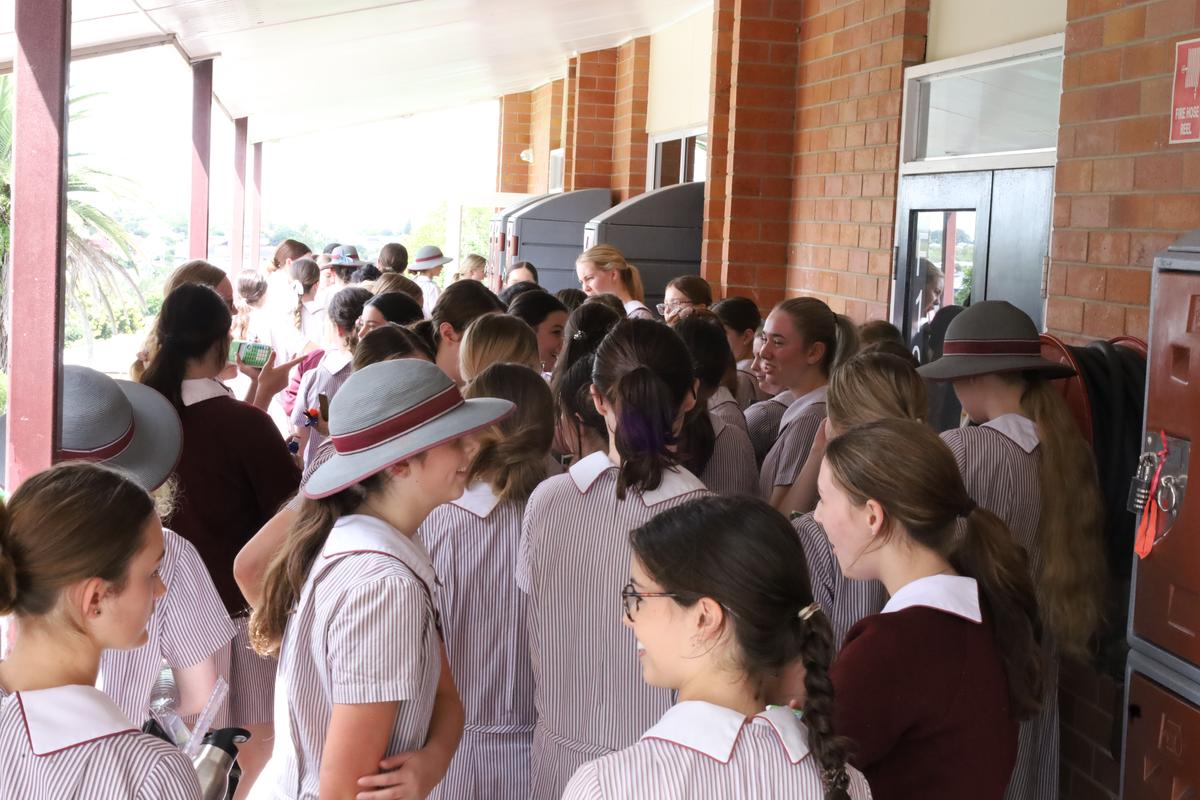

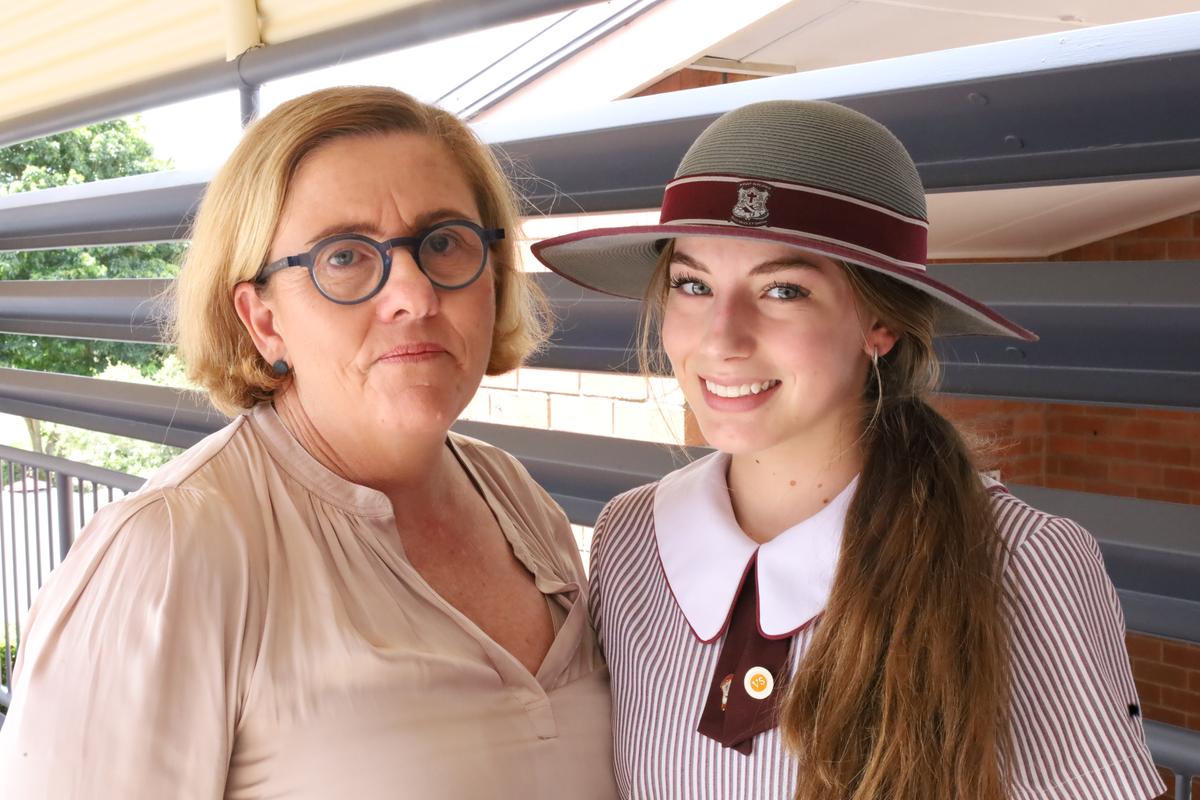







I invite you to take part in the below gratitude quiz with your child – and as always, please reach out if needed (pipeb@staff.mta.qld.edu.au)
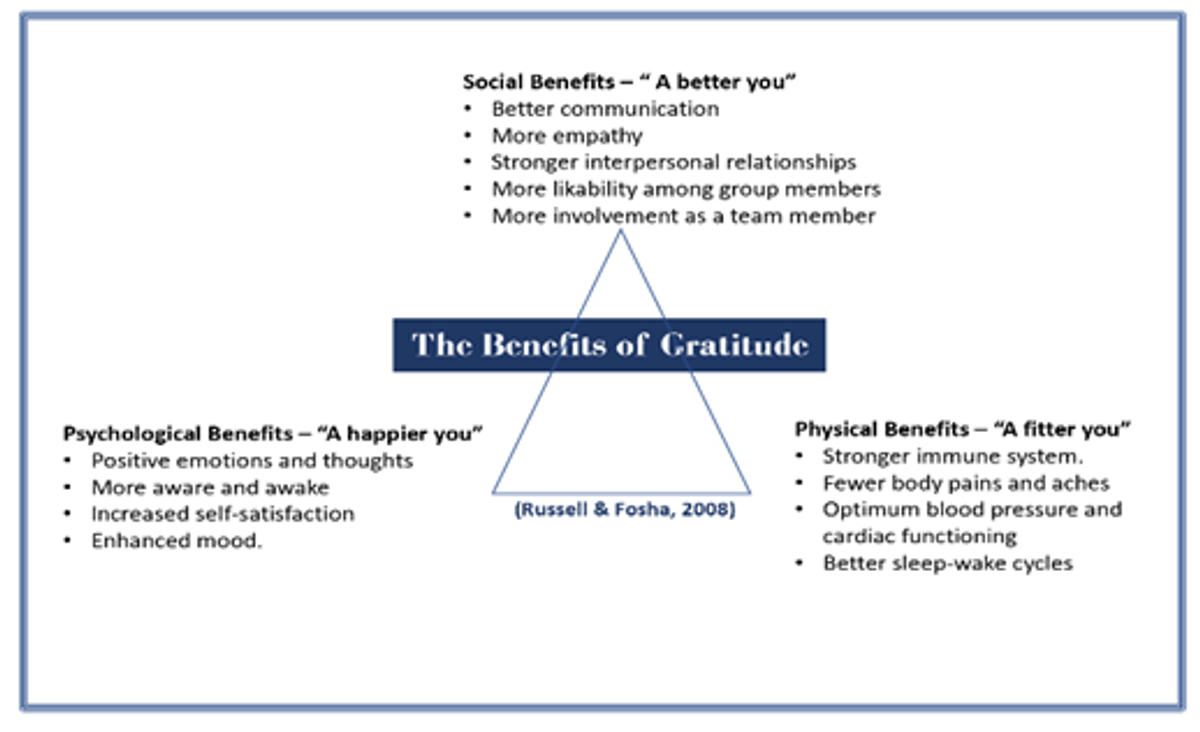

Resources:
Korb A. The Upward Spiral: Using Neuroscience to Reverse the Course of Depression, One Small Change at a Time. Oakland, CA: New Harbinger; 2015.OpenIDEO. Gratitude in the workplace challenge. https://ggsc.berkeley.edu/what_we_do/major_initiatives/expanding_gratitude/gratitude_partnerships/openideo_challenge.Gratitude, Social Support and Academic Performance: Exploring the Relationships Between Indicators’ High School Students (researchgate.net)GGSC_Gratitude_Curriculum_MS_HS.pdf (berkeley.edu)17.pdf (arcjournals.org) Is gratitude the secret of happiness? I spent a month finding out | Health & wellbeing | The GuardianThe Power, Structure, and Practice of Gratitude in Education: A Demonstration of Epistemology and Empirical Research Working Together (georgefox.edu)Gratitude Quiz | Greater Good (berkeley.edu)The Neuroscience of Gratitude and How It Affects Anxiety & Grief (positivepsychology.com)